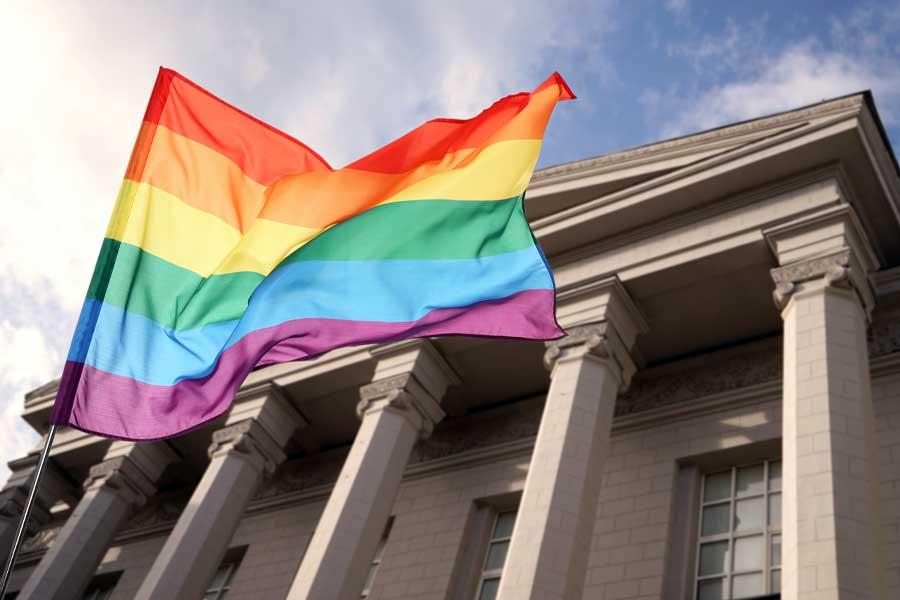In November 2024, Colorado voters approved Amendment J, formally striking the outdated constitutional language that defined marriage as “only a union of one man and one woman.” While same‑sex marriage has been legally recognized since the 2014 Colorado Supreme Court and 2015 U.S. Supreme Court rulings, removing this clause reflects a critical state-level safeguard—and here’s why it matters for LGBTQ+ families today.
1. Strengthened Shield Against Future Rollbacks
Though marriage equality is federally protected under Obergefell v. Hodges (2015), the Supreme Court has signaled openness to revisiting precedents, including Dobbs (2022). If Obergefell were ever overturned, Colorado’s old constitutional language would have immediately barred same‑sex marriages unless repealed. Amendment J removes that threat entirely, ensuring that Colorado cannot unilaterally restrict marriage equality in such an event.
2. Affirmed Parental Rights & Adoption Security
Colorado already permits same‑sex adoption under C.R.S. § 19‑5‑200.2. With Amendment J in effect, there is no lingering doubt for courts or agencies that parents in LGBTQ+ families have equal rights, crucial during custody disputes, second‑parent adoptions, or parenting plan modifications.
3. Clarity in Custody, Estate & Surrogacy Decisions
Removing exclusionary language from the state constitution reinforces equal treatment for:
- Parenting time and custody: Courts prioritize the child’s best interests (C.R.S. § 14‑10‑124), and Amendment J reassures LGBTQ+ parents they won’t face older constitutional barriers.
- Estate planning, inheritance, and medical authority: Marriage-based rights—such as spousal inheritance and hospital decision-making—are now beyond challenge under state law.
- Surrogacy and donor-assisted family formation: LGBTQ+ couples gain stronger footing when establishing legal parent-child relationships via second‑parent adoptions or recognition agreements.
4. Symbolic Equality & Community Recognition
Amendment J represents more than legal alignment—it’s a statement that Colorado values all families equally. Passed with ~64% of the vote, it reflects true public support, reinforcing the dignity and legitimacy of LGBTQ+ relationships.
5. Continued Progress on LGBTQ+ Rights
Colorado’s advocacy extends beyond marriage. Recent efforts include:
- Major strides on conversion therapy bans, now under Supreme Court review.
- Protections around gender-affirming care, public accommodations, and school policies .
Amendment J serves as one milestone in this broader journey toward full legal equality.
What This Means for LGBTQ+ families in Colorado
- Marriage equality is legally bulletproof—state constitutional language can no longer be used to restrict LGBTQ+ marriage rights.
- Your parental rights, estate claims, and medical decisions are secure, backed by both statutory and constitutional law.
- There is greater confidence in surrogacy, donor parentage, and adoption paths, without fears of archaic legal ambiguity.
Amendment J did more than align Colorado’s constitution with Supreme Court precedent—it embedded enduring protections for LGBTQ+ families. The result is stronger clarity, firmer rights, and state-level equality you can rely on.
Need help? Contact Boal Law for personalized guidance on:
- Prenuptial agreements or cohabitation agreements
- Second‑parent adoption or parental recognition
- Estate planning, wills, and medical directives
- Parenting plans tied to new family structures
Your family deserves clarity, protection, and lasting legal recognition.

